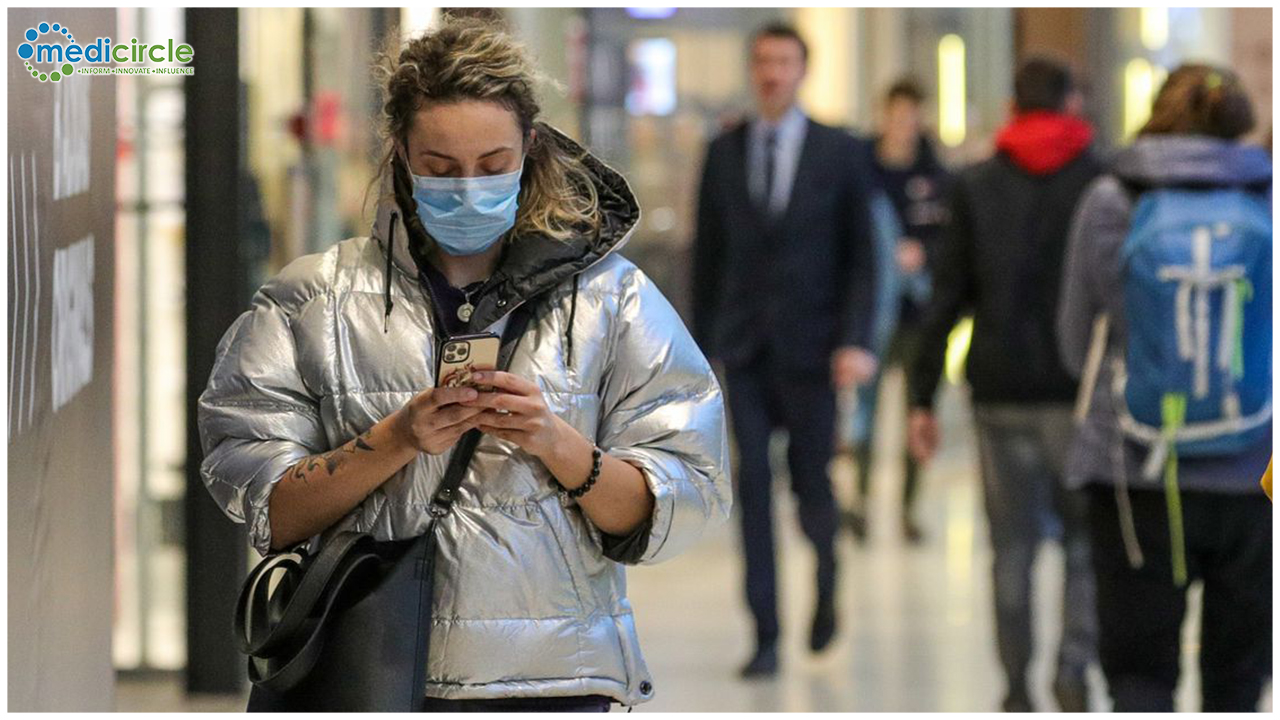
 Patients who were tested negative are suspected to still have the COVID-19 virus.
Patients who were tested negative are suspected to still have the COVID-19 virus.
| 02 Apr |
 From Scroll to Squint: How Reels Are Reshaping Your VisionBy adopting healthier screen habits and prioritizing eye care, we can prevent the irreversible damage caused by prolonged digital exposure. View |
| 02 Apr |
 World Autism Awareness Day: Breaking the Chains of Stigma in IndiaAre we ready to create a world that embraces neurodiversity, or will we continue to let ignorance dictate the lives of millions? View |
| 02 Apr |
 DCDC’s $150 Crore Expansion: Can Innovative Clinics End India's Kidney Crisis?As the healthcare landscape evolves, initiatives like these will determine the future of medical care in the country. View |
| 02 Apr |
 High-Rise Heart Attacks: Are Skyscrapers Turning Survival into a Race Against Time?It’s time to prioritize human life over convenience and invest in smarter urban designs to empower communities with the knowledge and tools needed to act swiftly in times of crisis. View |
| 02 Apr |
.jpeg) The Digital Sleep Thief: How Night-time Screen Addiction is Robbing You of Bed-time RestBy implementing screen-free bedtime routines, reducing blue light exposure, and prioritizing sleep hygiene, we can reclaim the restful nights we deserve. View |
| 31 Mar |
 Tired of Stomach Cramps? These Simple Foods Can Heal Your GutBy making mindful food choices, one can significantly reduce symptoms, avoid severe complications, and improve quality of life. View |
| 31 Mar |
 Doomscrolling at Midnight: How Indians Are Sacrificing Sleep for ScreensPublic health initiatives should address sleep disorders with the same urgency as other health concerns. By prioritizing sleep, India can take a major step towards improving overall well-being and productivity. View |
| 31 Mar |
 Essential Medicines Price Surge: Are Patients Paying the Price?As the pharmaceutical landscape evolves, the focus must remain on ensuring that life-saving medicines are within everyone’s reach. View |
| 28 Mar |
 Type 2 Diabetes Under Attack: The Unexpected Power of Wearable TechAs research continues to explore the benefits of digital health interventions, it is clear that the future of diabetes care lies at the intersection of technology and lifestyle. View |
| 28 Mar |
.jpeg) 10 New HIV Cases in 2 Months: Has Kerala’s Drug Problem Gone Too Far?The rise in HIV cases linked to syringe-sharing in Malappuram is a serious reminder that public health efforts must constantly adapt to new challenges. View |
 |
 |
 |
 |